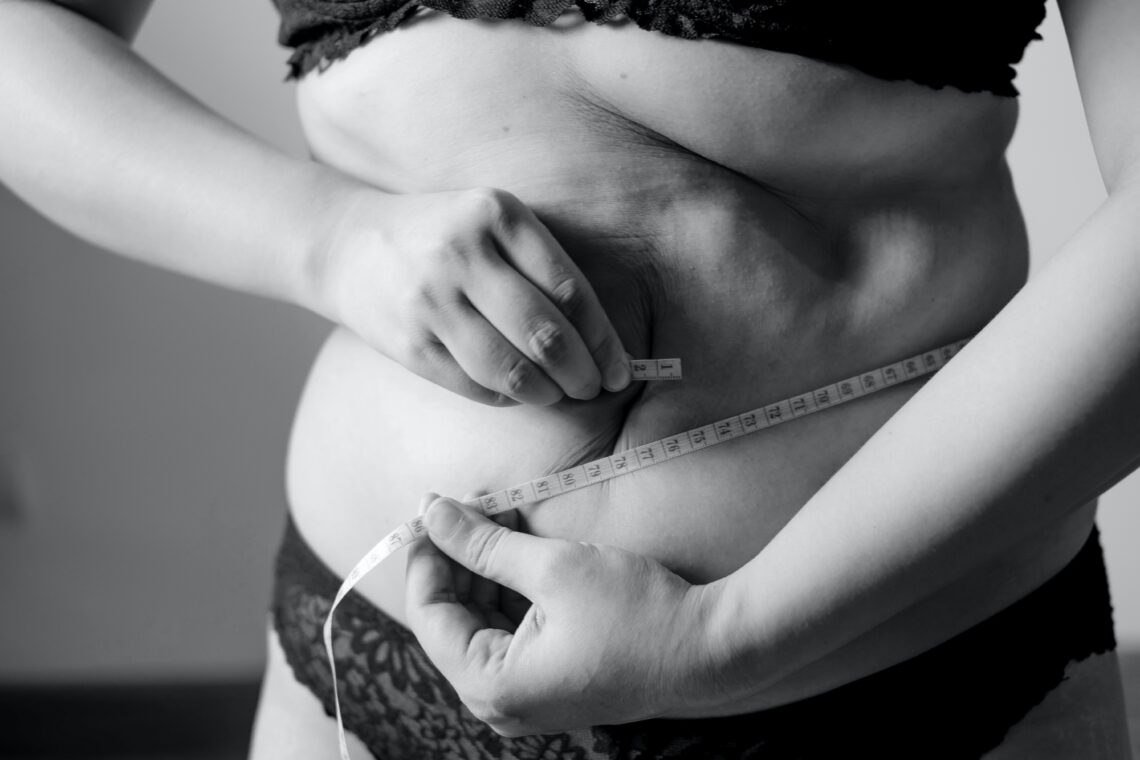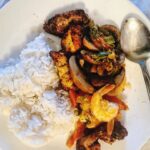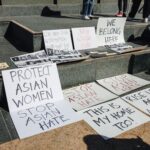
Less is not always more: the dangers of fad diets
Health advice is everywhere, from magazines and social media, to books and blogs. In the current age of accessible information, this ‘advice’ can become overwhelming.
Most Canadians are divided about diets. Findings by the Angus Reid Institute in 2019 claimed 48 per cent of Canadians found it easy to eat healthy. The other 48 per cent said it wasn’t easy to accomplish long term. Six-in-ten Canadians (61 per cent) say they have a hard time keeping track of what ‘healthy’ really is, due to constant changes in diet trends.
In the time of information overload, the diet promising the quickest and easiest results can be the most attractive route. But there’s a catch — they don’t last. Each year, the Canadian diet industry is estimated to make about $7 billion, telling people how to eat and look. But, 95 per cent of the time, experts claim that they fail.
For 27-year-old Olivia Pash, she could not remember a time when attempting a fad diet worked long term.
“I’ve juice cleansed, I’ve completely cut out carbs, gluten and dairy. They would work for a bit, and then I would gain everything back,” she says.
Sometimes, Pash says she would gain more weight than before she attempted these diets. Each time, she would feel like a failure for losing control of herself, and because of the stigma against weight gain, she could never open up about it.
“You see all these success stories online, but I was wondering why nothing worked for me,” Pash says.
These ‘success’ stories seen online are not what they seem. Holistic nutritionist Sabrina Koleoglou explains this is because fad diets are not set up to be sustainable. Marketers design their diets to attract a general population. They do so by creating insecurities for revenue, which rarely address the unique needs of individual bodies.
“There is no such thing as a magical pill or quick fix,” Koleoglou says. “In reality, those cause the most harm.”
A popular diet that Koleoglou has come across online is the ketogenic diet. It was primarily designed to aid patients with epilepsy in decreasing the severity of seizures.
The diet has gained popularity as it primarily relies on ketones. These are a type of fat stored by the liver and protein for fuel rather than carbohydrates. They include grains, legumes, vegetables and fruits.
But registered dietician Kathy McManus, who spoke with Harvard’s medical publication, says there are no studies proving its long-term efficacy. Its risks are also rarely discussed.
McManus explains that the keto diet can actually increase the chances of cardiovascular disease. Keto’s reliance on saturated fat may be linked to heart issues if the diet is attempted without a professional. Another potential danger is the risk of malnutrition from the lack of nutrients present in carbohydrates.
So where can people begin to implement better life changes?
Research might not be necessary. Professor Jacqui Gingras from Toronto Metropolitan University, who specializes in food and health activism, says all the knowledge already exists internally.
“From ancestral knowledge about food and tradition to personal experience — when you appreciate these differences about you, you already resist harmful body image practices,” she says.
In a diverse country that celebrates multiculturalism, different knowledge and ethnicities, these values are still suppressed by harsh standards. Gingras says fad diets are just one of the many methods used to exploit bodies for profit. Especially for those who don’t fit a thin, White standard.
“Remember that these diets commodify your body, not help them,” Gingras says. “When you take part in them, you narrow the possibilities, not only of your body but of yourself.”
A helpful first step towards lifestyle changes is self-education. That is achieved either through professional research, outreach to a body-inclusive community, or simply learning about food within families.
For Koleoglou, learning about food as medicine in her Tunisian and Greek culture positively reshaped her perspective on food. Living by the nearby mountains, her grandmother taught her about the different roles of herbs in the area. This cultural connection and education led her to appreciate the patience and care within herself, others and through extension—nutrition.
In addition, Koleoglou says beginning a journey with better choices starts from within. But it doesn’t mean being responsible for this work alone.
“Before understanding your body, you have to understand yourself,” says Koleoglou. “This can be as simple as creating a gratitude list, allowing yourself to rest without guilt or connecting to a support group.”
Just like working on fitness in the gym, learning what works best to fuel an individual’s body takes time. Food can either be a fuel fix or soul fix. One focuses on nutrients and the other makes people feel good. Allowing oneself to indulge in both doesn’t have to amount to goals of achieving a thin, social-media-ready body.
At the end of the day, people are not what they eat, and no quick fix can determine otherwise.
About the author
Rebecca Benitez-Berona is a reporter at Youth Mind. She is passionate about social justice, creative writing, reading poetry and youth mental health. When she is not writing, she is exploring nature or trying out yet another new bubble tea shop.







